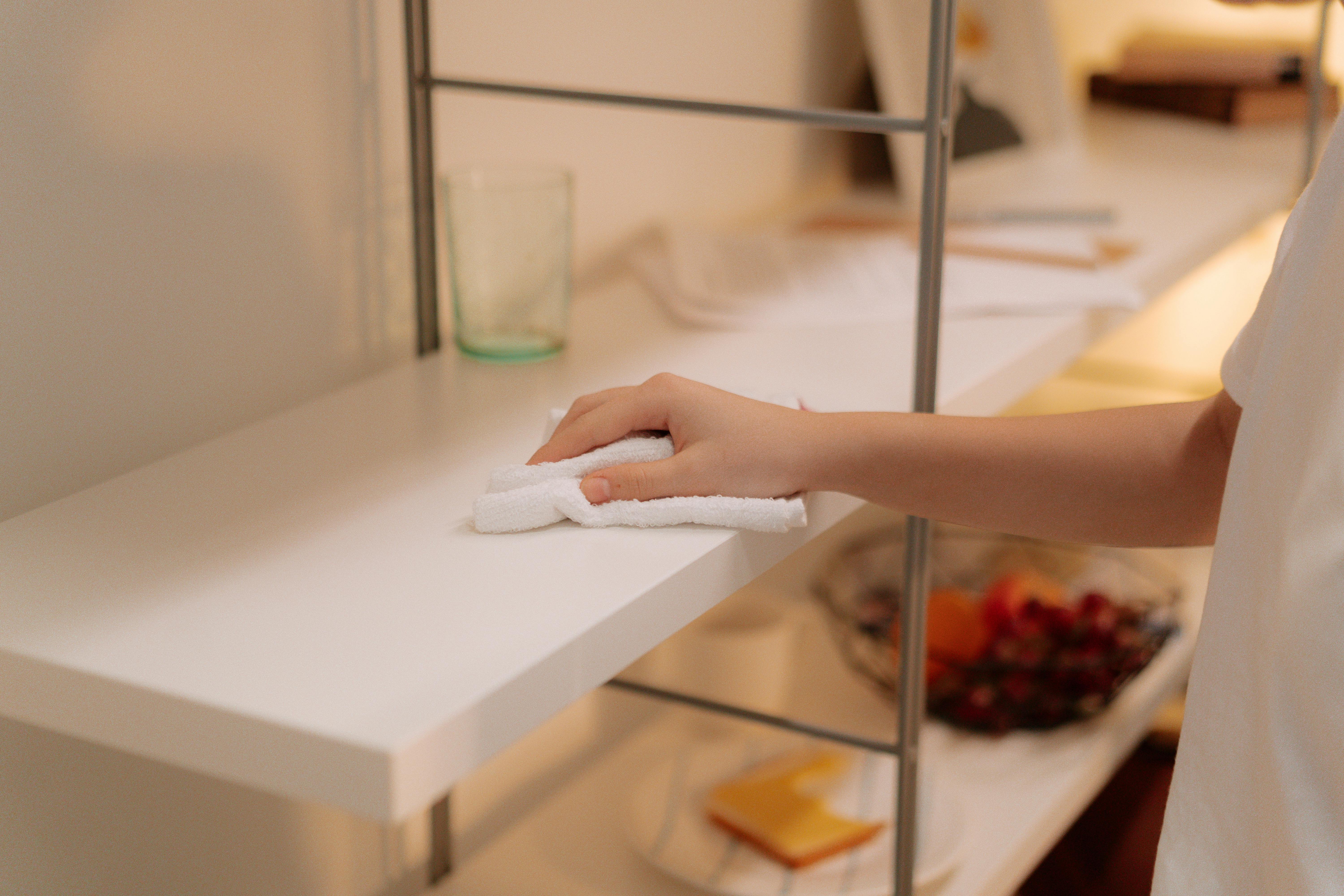
Apply Now


Best 5 Ways to Properly Clean Grapes in 2025
Understanding the Importance of Cleaning Grapes
Cleaning grapes might seem like a small step in food preparation, but it is crucial for ensuring the safety and healthiness of the fruit you consume. With pesticide residues and dirt being common contaminants, knowing how to clean grapes effectively is essential. Proper washing can help you enjoy fresh and safe grapes without exposing yourself or your family to harmful substances. When it comes to cleaning grapes, various methods can be employed, from rinsing with water to using natural solutions like vinegar or baking soda. Each method has its benefits, helping to remove not just dirt, but also any lingering pesticides and contaminants. Beyond safety, clean grapes also taste better and can be a delightful addition to fruit salads, smoothies, and snacks. With various cleaning methods available, this article will guide you through the best ways to clean grapes properly in 2025, ensuring a safer and more enjoyable eating experience.Effective Grape Cleaning Techniques to Try
To maintain grape hygiene, it is imperative to adopt effective grape cleaning techniques. Start by rinsing grapes thoroughly under cool, running water. This helps to remove surface dust and dirt. It's important to rinse them just before consumption to preserve their freshness. For those looking to remove pesticides, cleaning grapes with vinegar is a popular method. Soak grapes in a mixture of water and vinegar for about 15-20 minutes, then rinse them again under running water. This technique is known to be effective at minimizing pesticide residues. Another technique includes using baking soda, which you can mix with water. Soaking grapes in a baking soda solution can also help to lift away chemicals and dirt. This method not only cleans but may also help in preserving the grapes' freshness.Cleaning Grapes for Pesticide Removal
One of the primary concerns regarding grape consumption is pesticide exposure. Grapes, especially non-organic ones, can carry significant pesticide residues. To safely wash grapes and remove these harmful substances, combine water with a vinegar solution in a bowl. Ensure that the mixture contains one part vinegar to three parts water. Soaking the grapes in the solution for 10-15 minutes effectively breaks down residues, followed by a thorough rinsing under cool water. Alternatively, if you prefer to use baking soda, a remedy often discussed is mixing one teaspoon of baking soda in two cups of water. Submerge and swirl the grapes gently for a couple of minutes before rinsing with water to remove any remaining residues.Quick Grape Cleaning Guide Steps
For those seeking a quick grape cleaning guide, follow these simple steps to ensure cleanliness: 1. **Select Fresh Grapes**: Begin by checking the grapes for any visible dirt. Remove any that look spoiled or moldy. 2. **Fill a Bowl with Water**: Use cool water; place the grapes in the bowl, ensuring they're fully submerged. 3. **Add Cleaning Solution**: Options include vinegar, baking soda, or salt. For vinegar, a mixture of 1 cup vinegar to 3 cups water is effective. For baking soda, 1 teaspoon in 2 cups of water works well. 4. **Soak**: Allow grapes to soak for 10-15 minutes to let the solution work effectively. 5. **Rinse Thoroughly**: Rinse the grapes under running water to ensure all cleaning agents are washed away. 6. **Dry and Store Properly**: Pat dry and store clean grapes in a sealed container in the fridge.Maintenance of Grape Hygiene for Kids and Entertaining
When it comes to serving grapes for kids or at parties, ensuring their cleanliness is paramount. For school lunches or party platters, clean grapes should be a priority in your food preparation process. Following the previous cleaning steps meticulously will help ensure that grapes are safe for children and enjoyable for guests. Furthermore, when preparing grapes for juicing or in salads, cleanliness is key. Aim to wash them immediately before use to prevent spoilage. This level of care not only helps in maintaining fruit quality but enhances the flavor profile of the dishes you prepare.Understanding Organic vs. Non-Organic Grapes
The choice between organic and non-organic grapes can lead to questions about cleaning practices. Organic grapes are typically grown without synthetic pesticides, which may lead some to believe that washing is unnecessary. However, even organic grapes can accumulate dirt, bacteria, and natural pesticides, making thorough cleaning beneficial. Understanding the differences in grape cultivation can inform your cleaning practices. Non-organic grapes may require more rigorous cleaning methods, while organic grapes can still benefit from a simple rinse with cold water before consumption.Common Questions about Cleaning Grapes
How do you properly rinse grapes before eating?
Rinsing grapes is simple yet effective. Hold them under cool, running water for about 30 seconds, gently moving them around to ensure even cleaning. It's important to rinse them right before eating to maintain their freshness.Can I clean grapes with baking soda?
Yes! Mixing baking soda with water creates an effective cleaning solution. Mix one teaspoon of baking soda in two cups of water, soak the grapes for a few minutes, and then rinse thoroughly under water.What is the best way to store clean grapes?
After cleaning, dry the grapes and store them in a breathable container in the refrigerator. Avoid sealing them in an airtight container, as this can promote moisture accumulation.Why is cleaning grapes important?
Cleaning grapes is vital for removing pesticides, dirt, and bacteria, ensuring that they are safe for consumption. It enhances the quality and flavor, allowing you to enjoy them without the risk of exposure to harmful substances.How can I make cleaning grapes a habit?
Incorporate grape cleaning into your routine by washing them each time you prepare them for snacks or meals. Making it a habit will help ensure safer and healthier consumption for you and your family.
